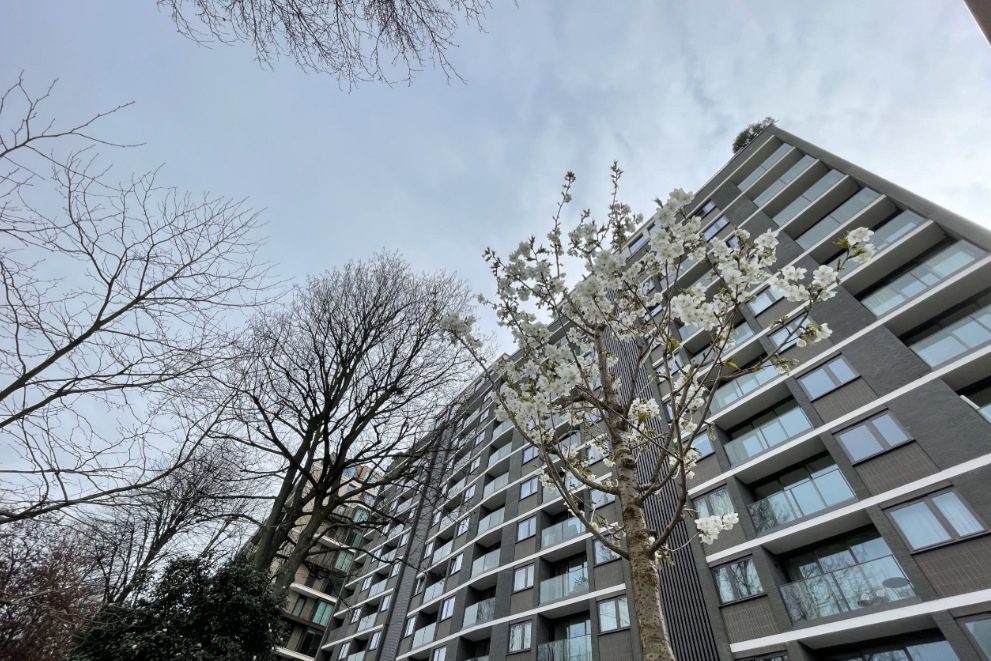Housing Ombudsman Richard Blakeway has highlighted the current state of play in relation to fire safety and cladding-related casework handled by the organisation as part of a continued learning drive, in tandem suggesting that landlords “still have learning to do” when it comes to dealing with complaints received from tenants.
Two years on from the publication of a special Spotlight Report on this issue, the Housing Ombudsman has now moved to publish several examples of casework relating to cladding and associated fire safety complaints in a bid to share the lessons learned with the wider sector.
That Spotlight Report, itself focused on dealing with cladding cases, duly highlighted three key lessons for the sector, including the need to provide a clear roadmap of landlord actions for all residents, instigate effective lines of communication and address individual circumstances.
Responses from landlords in relation to cladding cases have improved since that document was issued, but common themes – among them that all-important communication with residents – remain “problematic”.
The Housing Ombudsman notes that landlords “are not always effective” in providing residents with key information and explanations of their priorities in this area, with poorer communication evidenced in those buildings classed as being ‘low risk’ as well as continuing issues in terms of sales.
Case Studies
Published every fortnight, the Housing Ombudsman’s casebook now totals more than 3,100 decisions and shows the range of issues to be considered in parallel with the types of outcomes materialising in the wake of investigations.
How One Housing Group, for example, responded effectively to an EWS-1 Form request. The landlord gave the resident accurate and reasonable advice about its prioritisation of the resident’s block for remediation works, progress to secure funding for these works and the potential impact of not being able to provide an EWS-1 Form in the meantime.
The Housing Ombudsman goes on to highlight a maladministration finding for L&Q in which a risk-based approach to fire safety meant the landlord did not consider the impact of its prioritisation policy on residents. The landlord’s strict adherence to the policy meant the resident concerned was likely unable to sell their property for a significant period of time.
A service failure by Poplar HARCA for both its fire safety communication and its response to a resident’s request to reimburse costs for an unsuccessful re-mortgage is also highlighted.
The landlord “missed opportunities” to effectively communicate and did not appropriately and directly inform the resident about remedial works that had been identified, which would impact the provision of an EWS-1 Form and mortgages.
The landlord delayed imparting this detail for several months, wasting time and incurring unnecessary costs for the resident.
To read more news and exclusive features see our latest issue here.
Never miss a story… Follow us on:
![]() International Fire Buyer
International Fire Buyer
![]() @Firebuyer
@Firebuyer
![]() Fire Buyer
Fire Buyer
Media Contact
Editor, International Fire Buyer
Tel: +44 (0) 1622 823 922
Email: [email protected]










